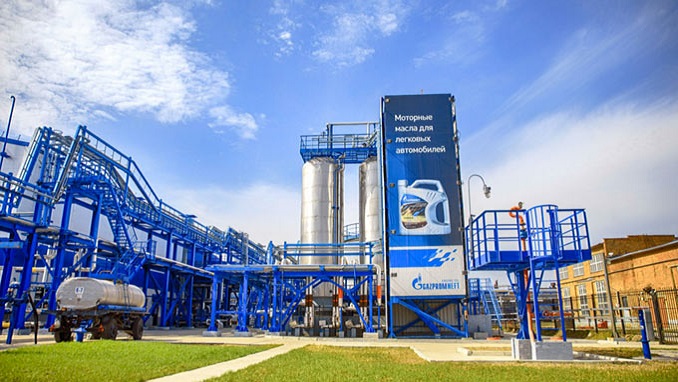Russian state-run energy giant Gazprom announced Friday that it paid $2.9 billion to Ukraine’s national oil company Naftogaz, in line with a major settlement between the two countries reached this week, Unian reports.
After tough negotiations, Moscow and Kyiv struck a deal on Monday to supply Europe with gas through Ukraine for at least five years. After Moscow’s annexation of the Crimean Peninsula in 2014 escalated tensions, the two state-controlled companies arbitrated over gas prices and transit fees for years in Stockholm.
“Today, Naftogaz of Ukraine has received from Gazprom $2.918 billion, which includes the outstanding portion of the compensation awarded by the Stockholm Arbitral Tribunal in February 2018 and accrued interest,” the company said on its website Friday. “In total, Naftogaz received $5 billion from Gazprom in the result of the transit arbitration.”
The new agreement dictates that Gazprom, which provides Europe with more than a third of its gas, can send 225 billion cubic meters (bcm) of gas using Ukraine’s pipelines. Ukraine, in return, is expected to withdraw its claims in all remaining arbitration litigation.
“The parties [will] continue to negotiate conditions of further cooperation after January 1, 2020, when the current contract expires,” the Naftogaz release notes.
Russian President Vladimir Putin had noted earlier this month at his annual end-of-year news conference that Moscow wanted to continue to transport gas through Ukraine, despite Russia having built its own pipelines to Europe since it last struck a deal with Ukraine in 2010.
“The question is the volume of this gas and the dates of the contract,” he said, maintaining that Russia was interested in giving Ukraine the business. Ukraine takes in close to $3 billion per year by sending Russian gas to Europe.
Transit issues between the two countries began after the fall of the Soviet Union in 1991. Although Ukraine held control of the pipeline structures, Russia cut off its gas supplies several times in the 1990s.












